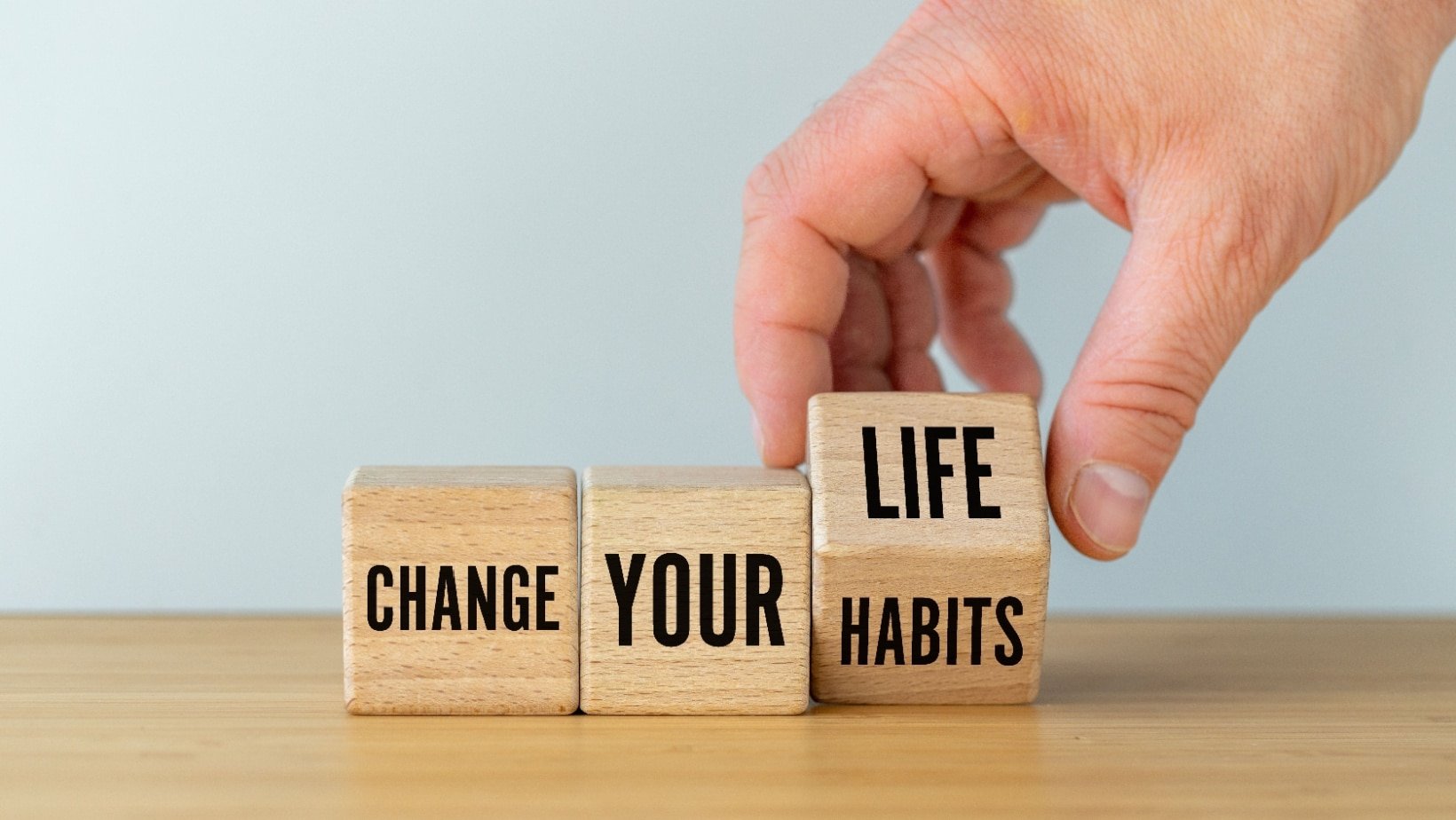Hitting 60 isn’t just a milestone; it’s a time to rethink what matters. At this stage, every purchase should add value, not clutter or stress. Letting go of certain spending habits can free up money, space, and peace of mind for the things that enhance your life.
This isn’t about cutting back for the sake of it; it’s about being intentional. Some items don’t make sense anymore, whether they drain your budget, serve no real purpose, or add to unnecessary upkeep. Here are 14 things worth leaving off your shopping list after 60.
Gym Equipment

After 60, your body’s needs and routines often shift. That expensive treadmill or home gym setup may no longer align with your lifestyle or fitness goals. If it’s collecting dust, it’s likely not worth the space or cost anymore. Many older adults benefit more from low-impact, flexible activities, such as walking outdoors, gentle stretching, or community classes specifically designed for seniors. These options promote mobility and well-being without the maintenance or physical strain that bulky home equipment can bring.
Trendy Tech Accessories

After 60, constantly upgrading to the latest smartwatch, wireless earbuds, or phone accessories often delivers little real benefit. These purchases tend to be driven by trends rather than actual need. If your current tech works well, stick with it. Chasing every new release can drain your savings without improving your quality of life. Focus on devices that support your daily routines, like clear audio for calls or large screens for easier reading, instead of flashy extras you might barely use.
Lottery Tickets

As you get older, every dollar should serve a purpose, especially when considering long-term stability or retirement. Lottery tickets offer hope, but not real value. The odds of winning the Powerball jackpot are 1 in 292.2 million. That money is better spent on something you’ll enjoy or saved for future needs. It’s not about denying small pleasures, but about making smarter choices with your cash.
High Interest Credit Card Debt

At this stage in life, reducing financial stress should take priority over managing revolving debt. Carrying balances with interest rates over 20%—as reported by Fortune—can quietly eat into your retirement savings. Instead of continuing to make interest payments, focus on eliminating this debt. Freeing yourself from it not only improves your financial stability but also gives you more control over your money moving forward.
Bulk Groceries

Buying in bulk can feel like a smart money move, but it often backfires for smaller households. Buying groceries in bulk might have made sense when feeding a family, but now it often leads to waste. Large containers of food can expire before you finish them, especially perishable or processed items. Smaller, more frequent grocery trips help you focus on fresh, healthy foods and reduce spoilage. It’s also easier to manage storage and meal planning when you’re not working through industrial-sized portions.
High-End Designer Items

The allure of a designer handbag or a luxury watch can be strong, but at this stage of life, actual value often lies beyond brand names. Comfort, practicality, and personal style become paramount over fleeting fashion trends. Investing in timeless, well-made pieces that genuinely resonate with you, rather than expensive items solely for the label, is a more sensible approach to fashion.
Processed Snacks

Processed snacks, such as chips, cookies, and packaged pastries, may be convenient, but they often contain high levels of sodium, sugar, and unhealthy fats. After 60, your body benefits more from nutrient-dense foods that support energy, digestion, and overall health. Regularly buying processed snacks not only impacts your wellness but also your wallet. These small, frequent purchases add up, costing you more money over time without providing lasting nutrition. Swapping them out for fruits, nuts, or whole grain options can be a smarter, healthier investment.
Decorative Pillows

After turning 60, comfort and simplicity become more crucial than ever. Decorative pillows that once added flair can quickly become clutter and require constant fluffing or rearranging. Instead of collecting numerous pillows, focus on a few high-quality, comfortable ones that offer genuine support. This approach reduces maintenance and creates a more relaxing living space tailored to your evolving lifestyle and needs.
Extended Warranties

It’s time to be more selective with long-term purchases. Extended warranties often seem like added protection, but for older adults, the math rarely works out. Most products either fail early, when they’re still under the manufacturer’s warranty, or last well beyond both coverage periods. At this stage in life, the odds of replacing or upgrading the item before the extended warranty kicks in are higher. Instead of paying extra upfront, keep that money available for immediate needs or repairs if they ever come up.
Trendy Beauty Products

Most beauty trends cater to younger skin types, often pushing expensive creams and serums with flashy promises. But your skin at 60 and beyond needs stability, not experimentation. Constantly switching products can cause irritation or deliver little benefit. Instead of chasing hype, focus on a few well-researched essentials that support mature skin. You’ll save money and avoid clutter while giving your skin what it needs.
Excessive Home Decor

Our homes are our sanctuaries, and decorating them can be a joyful process. However, accumulating too many decorative items can lead to clutter and maintenance headaches. As you get older, simplicity often brings more peace. Consider decluttering and focusing on a few cherished pieces that genuinely resonate with you, creating a more serene and functional living space for home decor.
Fast Fashion

Trends change quickly, but your spending habits shouldn’t. Fast fashion’s low prices can be tempting, but the clothes often wear out fast or go out of style, leading to repeated purchases. At this stage, focus on quality over quantity. Investing in durable, classic pieces saves money over time and reduces clutter, allowing you to build a wardrobe that suits your lifestyle without the need for constant replacement.
Overpriced Coffee or Daily Takeaways

Spending habits that once seemed minor can quietly chip away at your savings. Regular purchases, such as gourmet coffee or daily takeout, may feel routine, but the costs add up quickly. At this stage, your money should work harder for you. Brewing your coffee at home or preparing simple meals can help you save more money without sacrificing comfort or enjoyment. Small changes now can add up to greater financial flexibility later.
Anything with Excessive Corn Syrup or Additives

This ties into healthy food choices. As we age, our bodies become more sensitive to processed ingredients. Foods laden with corn syrup, artificial additives, and high fructose can contribute to various health issues. Prioritize whole, unprocessed foods, and learn to read food labels carefully. Your body will thank you for making smarter choices about your diet. According to a report, 60% of consumers are actively trying to limit or avoid artificial ingredients.
Disclaimer – This list is solely the author’s opinion based on research and publicly available information. It is not intended to be professional advice.
How Total Beginners Are Building Wealth Fast in 2025—No Experience Needed

How Total Beginners Are Building Wealth Fast in 2025
I used to think investing was something you did after you were already rich. Like, you needed $10,000 in a suit pocket and a guy named Chad at some fancy firm who knew how to “diversify your portfolio.” Meanwhile, I was just trying to figure out how to stretch $43 to payday.
But a lot has changed. And fast. In 2025, building wealth doesn’t require a finance degree—or even a lot of money. The tools are simpler. The entry points are lower. And believe it or not, total beginners are stacking wins just by starting small and staying consistent.
Click here and let’s break down how.
5 Easy Steps to Change Any Habit

5 Easy Steps to Change Any Habit
We all click on them with the hope that just THIS time the secret to changing a bad habit or adopting a healthy one will be revealed and we’ll finally be able to stick to that diet, stop that one or ten things that might in the moment make us feel temporarily good but really just make us fat, unhealthy, sad, mad or just frustrated with ourselves.





